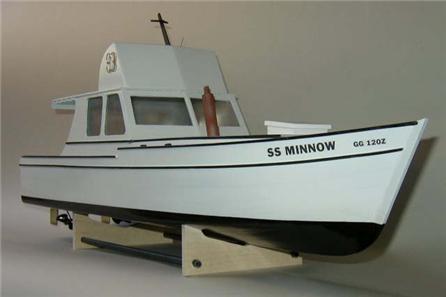The UN Security Council is poised to order sanctions against Iran today, placing an embargo on sensitive nuclear exports in the international drive to prevent Tehran from building a nuclear bomb. With the diplomatic pressure set to increase after months of negotiations, the US and Britain are moving extra warships and strike aircraft to the Persian Gulf.
Much of the military focus is on countering any attempts by the Iranians to block oil shipments by mining sea lanes in retaliation against a UN resolution which British diplomats hope will be adopted unanimously by the 15-nation security council...
* Equipment for light-water reactors is not included... Exempts an $800m light-water reactor Russia is building in Iran at Bushehr...
So if military action against the only reactors they have right now is precluded, why call the Marines?
...Iran has threatened immediate retaliation, even though the proposed sanctions have been significantly watered down this week. Tehran's options include withdrawal from the International Atomic Energy Agency, the UN nuclear watchdog, which would mean Iran would conduct its nuclear programme free from international monitoring, and possible closure of the Strait of Hormuz, the channel for 20% of the world's oil supplies...
...Mr Ahmadinejad was also dismissive about the impact of sanctions. "America and some European countries know well that they are incapable of doing anything against the Iranian nation," he said...
One wonders if Mr. Ahmadinejad knows something Commander CooCoo Bananas doesn't.
...The aircraft carrier Eisenhower and its strike group — including three escort ships, an attack submarine and 6,500 sailors in all — entered the Persian Gulf on Dec. 11 after a naval exercise to practice halting vessels suspected of smuggling nuclear materials in waters across the region. A carrier had not been inside the gulf since the Enterprise left in July, according to Pentagon officials. The next carrier scheduled to sail toward the Middle East is the Stennis, already set to depart Bremerton, Wash., for the region in late January, Navy officers said.
Officials expressed doubt that the Stennis and its escorts would be asked to set sail before the holiday season, but it could be ordered to sea several weeks earlier than planned. It could then overlap for months with the Eisenhower, which is not scheduled to return home until May, offering ample time to decide whether to send another carrier or to extend the Eisenhower’s tour to keep the carrier presence at two...
Adm. Mike Mullen, the chief of naval operations, has made the case that the United States should seek to create “a thousand-ship Navy.” That would be impossible for the United States alone given current budgets, so instead it would be accomplished by operating more closely with allied warships to better cover critical areas like the Persian Gulf.
He said that such a cooperative naval concept would be a “global maritime partnership that unites navies, coast guards, maritime forces, port operators, commercial shippers and many other government and nongovernment agencies to address maritime concerns..."
Let me guess. Under Dear Leader's directions, the Navy's hired some special private
 contractors to help with its armada
contractors to help with its armada  against the Iranians. They'll doubtless do the same fine job free enterprise has done for the Marines in Iraq.
against the Iranians. They'll doubtless do the same fine job free enterprise has done for the Marines in Iraq.Why, just listen to the wonderful
"It takes a great deal of vigilance on the part of the military commander to ensure contractor compliance," said William L. Nash, a retired Army general and a senior fellow at the Council on Foreign Relations. "If you're trying to win hearts and minds and the contractor is driving 90 miles per hour through the streets and running over kids, that's not helping the image of the American army. The Iraqis aren't going to distinguish between a contractor and a soldier."
Leave it to Bu$hCo to improve the image
 of all branches of government equally
of all branches of government equally

No comments:
Post a Comment